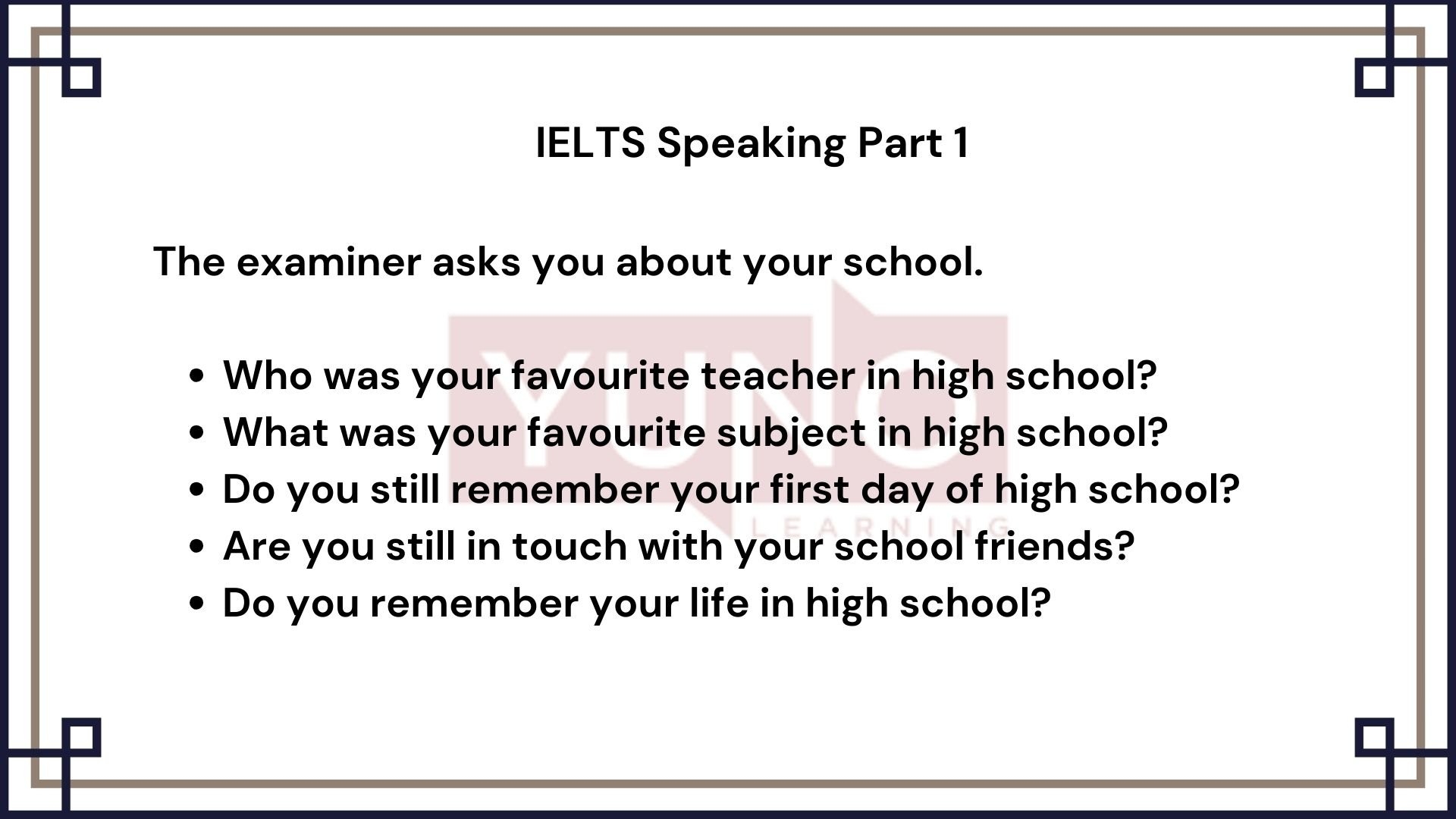Preparing for the IELTS speaking test can be a daunting task for many test-takers. However, with proper practice and understanding of the types of questions that may be asked, you can boost your confidence and perform well on the exam.
During the IELTS speaking test, you will be evaluated on your ability to communicate effectively in English. The test consists of three parts, each designed to assess different aspects of your speaking skills. It is essential to familiarize yourself with the types of questions that may come up in each part of the test.
Part 1: Introduction and Interview
In this part of the test, the examiner will ask you questions about familiar topics such as your hobbies, family, work, and studies. It is essential to provide detailed answers and elaborate on your responses to showcase your language proficiency. For example, if the examiner asks about your favorite hobby, don’t just say “reading.” Instead, talk about the genres you enjoy, your favorite authors, and why you find reading so enjoyable.
Part 2: Long Turn
In this part of the test, you will be given a cue card with a topic and asked to talk about it for 1-2 minutes. You will have one minute to prepare your response before speaking. It is crucial to structure your answer in a coherent manner and use a variety of vocabulary and grammar structures. Practice speaking on different topics to improve your fluency and coherence.
Part 3: Discussion
In the final part of the test, the examiner will ask you questions related to the topic in Part 2. You will be expected to engage in a more in-depth conversation and express your opinions on various issues. It is essential to support your arguments with examples and provide well-rounded responses to demonstrate your critical thinking skills.
Overall, the key to performing well on the IELTS speaking test is practice and preparation. Familiarize yourself with the types of questions that may be asked, practice speaking on a variety of topics, and seek feedback from teachers or language partners. With dedication and effort, you can improve your speaking skills and ace the IELTS speaking test.
